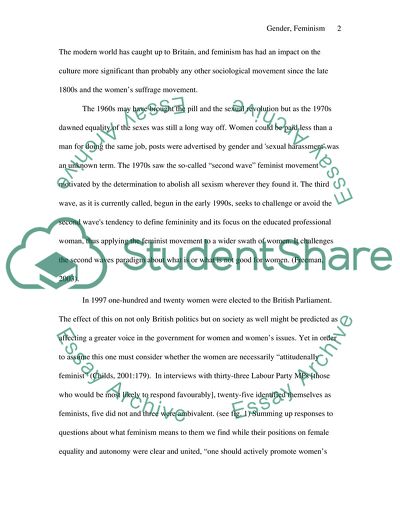Cite this document
(Globalization and modern britain Essay Example | Topics and Well Written Essays - 1500 words, n.d.)
Globalization and modern britain Essay Example | Topics and Well Written Essays - 1500 words. https://studentshare.org/miscellaneous/1738112-globalization-and-modern-britain
Globalization and modern britain Essay Example | Topics and Well Written Essays - 1500 words. https://studentshare.org/miscellaneous/1738112-globalization-and-modern-britain
(Globalization and Modern Britain Essay Example | Topics and Well Written Essays - 1500 Words)
Globalization and Modern Britain Essay Example | Topics and Well Written Essays - 1500 Words. https://studentshare.org/miscellaneous/1738112-globalization-and-modern-britain.
Globalization and Modern Britain Essay Example | Topics and Well Written Essays - 1500 Words. https://studentshare.org/miscellaneous/1738112-globalization-and-modern-britain.
“Globalization and Modern Britain Essay Example | Topics and Well Written Essays - 1500 Words”. https://studentshare.org/miscellaneous/1738112-globalization-and-modern-britain.


